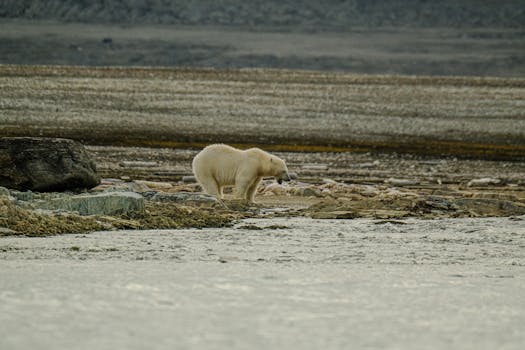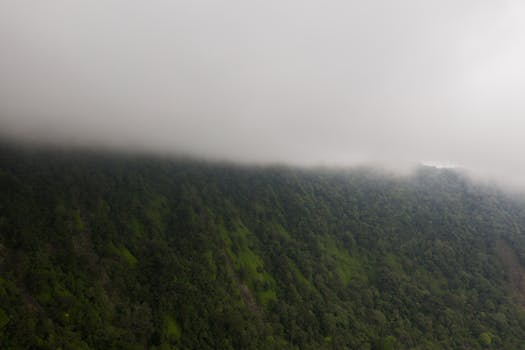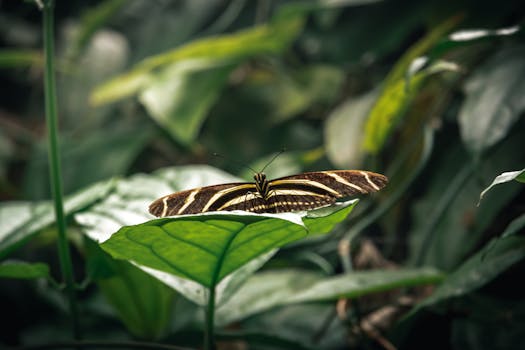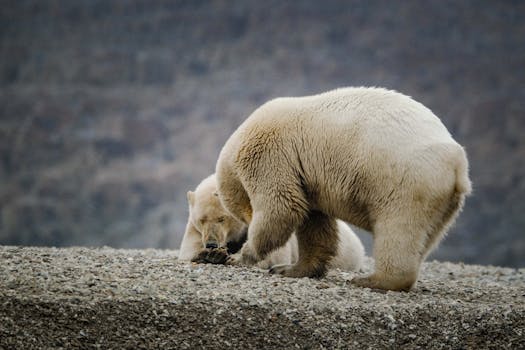
Climate change is one of the most pressing issues of our time, impacting global ecosystems in profound ways. As temperatures rise and weather patterns shift, the delicate balance of nature is disrupted.
Understanding Climate Change

Climate change refers to significant changes in global temperatures and weather patterns over time. While climate change is a natural phenomenon, human activities, particularly the burning of fossil fuels, have accelerated this process, leading to severe consequences for ecosystems worldwide.
Effects on Biodiversity

One of the most immediate impacts of climate change is the threat it poses to biodiversity. Many species are unable to adapt quickly enough to the changing climate, leading to shifts in their habitats and, in some cases, extinction. For example, polar bears are facing habitat loss as sea ice melts due to rising temperatures.
Altered Ecosystem Dynamics

Climate change alters ecosystem dynamics, affecting food webs and species interactions. As temperatures rise, species migration patterns shift, leading to mismatches in predator-prey relationships. This can result in overpopulation of certain species and the decline of others, destabilizing entire ecosystems.
Impact on Marine Ecosystems

Marine ecosystems are particularly vulnerable to climate change. Ocean acidification, caused by increased carbon dioxide levels, threatens coral reefs and marine biodiversity. Warmer ocean temperatures lead to coral bleaching, which has devastating effects on marine life and the communities that rely on them for livelihood.
Conclusion

The impact of climate change on global ecosystems is undeniable and far-reaching. As we continue to confront this challenge, it is essential to prioritize conservation efforts and adopt sustainable practices to protect our planet’s biodiversity for future generations.



